Letters from Madagascar: Thoughts on pull carts
Dear Friends and Family,
All in all, the situation with my host family was everything I could have hoped for, and more. Then, to round things off, I absolutely loved the city of Manakara. It was, however, a complicated city to love. The colonial influence was much clearer there than anywhere I had visited so far. There were large, colonial era storehouses (now abandoned), wide paved streets, and open, green spaces. Yet, despite the colonial influence, there were often moments of dissonance where the sense of colonial development clashed with the exceptional poverty. For example, there are no taxis in the entire city. Instead, if you want to travel somewhere without walking, you hail a pousse-pousse, a two-wheeled cart that is pulled by a man (often wearing only flip-flops for shoes, if he wears shoes at all). They run up and down the street, delivering people and various goods to their destinations. (I feel quite complicated about the whole system. While I am fundamentally uncomfortable with having someone else pull me, putting them literally beneath my feet, I also recognize that it is the norm for transportation in Manakara (everyone takes them) and that by not taking a pousse-pousse, I deprive someone of much needed income.)
It’s not just the physical functioning of the city that is characterized by the clash of colonialism and poverty, European and Malagasy tradition. The atmosphere itself displays the same tendencies. People were calmer, and there was not the same sense of chaos in the market place or anywhere, for that matter. I’m not sure if I loved it so much because it felt more like home (thanks to colonization) or if it’s because I just prefer cities that are less cramped, less chaotic. Good questions to think about.
Much Love,
Hannah
For more on life in Madagascar visit our Letters from Madagascar Archive
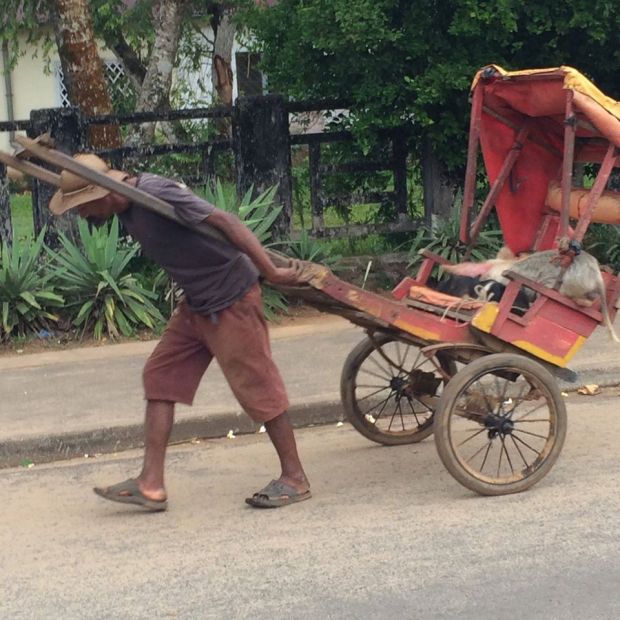





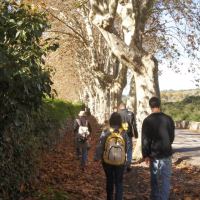
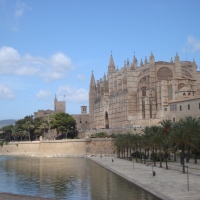
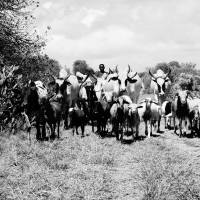
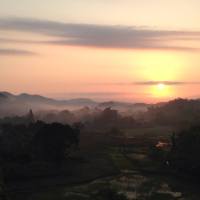

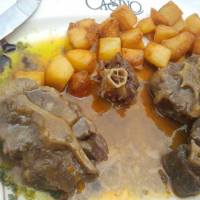
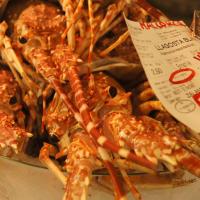



Wow. Such a dilemma. I would not like to take them either, but it is important to support local incomes where possible too.